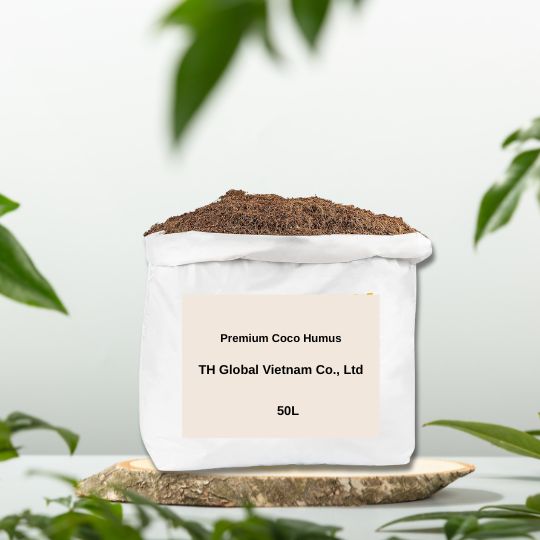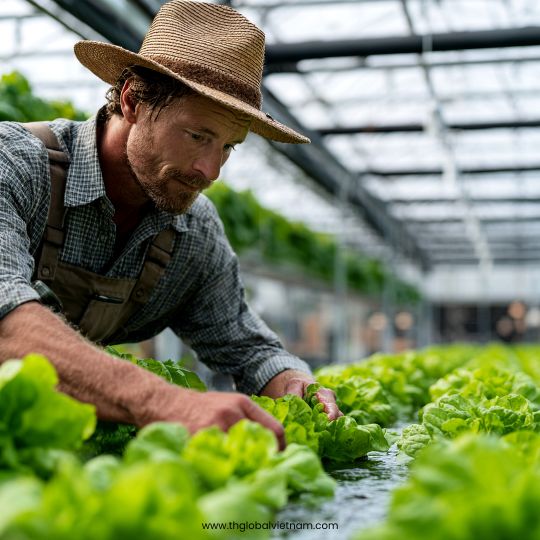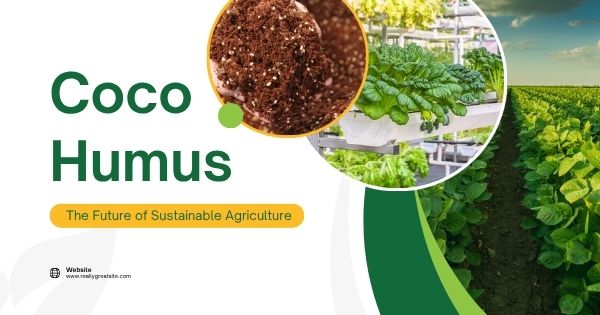As global populations grow and environmental challenges intensify, the agricultural sector faces a crucial question: How can we produce more while harming less? The answer lies in sustainable agriculture — and one natural solution leading the way is Coco Humus.
Derived from composted coconut husks, Coco Humus is transforming farming systems around the world. Its eco-friendly composition, renewability, and soil-enhancing properties make it a cornerstone of Coco Humus sustainable agriculture practices.
The Global Shift Toward Sustainability
Traditional farming methods often degrade soil fertility and rely heavily on chemical inputs. Today, both farmers and governments are embracing sustainable alternatives that restore the land rather than exhaust it.
According to the FAO’s Sustainable Agriculture Initiative, reducing soil degradation and optimizing organic inputs are critical for long-term food security. Coco Humus fits perfectly into this framework by naturally improving soil quality and moisture balance without synthetic fertilizers.
Learn more about why importers are investing in Coco Humus in 2025.

Why Coco Humus Matters for Sustainable Farming
Coco Humus is made by composting coconut coir — a renewable, carbon-rich material. Its production not only reduces agricultural waste but also provides farmers with a powerful organic soil amendment.
Key benefits of Coco Humus sustainable agriculture include:
- Improved Soil Structure: Aerates compacted soils, helping roots absorb nutrients efficiently.
- Moisture Retention: Holds up to 8–10 times its weight in water, reducing irrigation needs.
- Microbial Activity: Supports beneficial soil microorganisms that strengthen plant growth.
- Carbon Sequestration: Adds organic carbon back to the soil, mitigating climate change impact.
Coco Humus as a Long-Term Investment
Unlike synthetic fertilizers that provide short-term results, Coco Humus offers lasting soil health improvements. It rejuvenates soil over time, ensuring sustainability for future planting cycles.
For importers and distributors, investing in Coco Humus sustainable agriculture means offering a product that meets global market demands for organic, eco-friendly inputs — and aligns with emerging green trade policies in Europe and Asia.
A TH Global Vietnam, we supply high-quality Coco Humus tailored for both agricultural and horticultural applications, with customizable export packaging and certification support.

The Road Ahead: A Global Movement
By 2030, sustainable agriculture will no longer be optional — it will be the standard. Coco Humus plays a vital role in this transition by turning waste into value and soil degradation into renewal.
From small organic farms to industrial greenhouses, more growers are integrating Coco Humus into their production systems for long-term profitability and environmental resilience.
See also: Coco Humus in Organic Farming: A Sustainable Alternative to Chemicals.
The rise of Coco Humus sustainable agriculture is more than a trend — it’s the future of global food production. With its renewable origin, soil-restoring power, and environmental benefits, Coco Humus ensures that farming stays productive y planet-friendly.
As demand grows, importers, distributors, and growers who adopt Coco Humus today will lead tomorrow’s sustainable farming revolution.
Partner with TH Global Vietnam to join this movement toward greener, more resilient agriculture.

